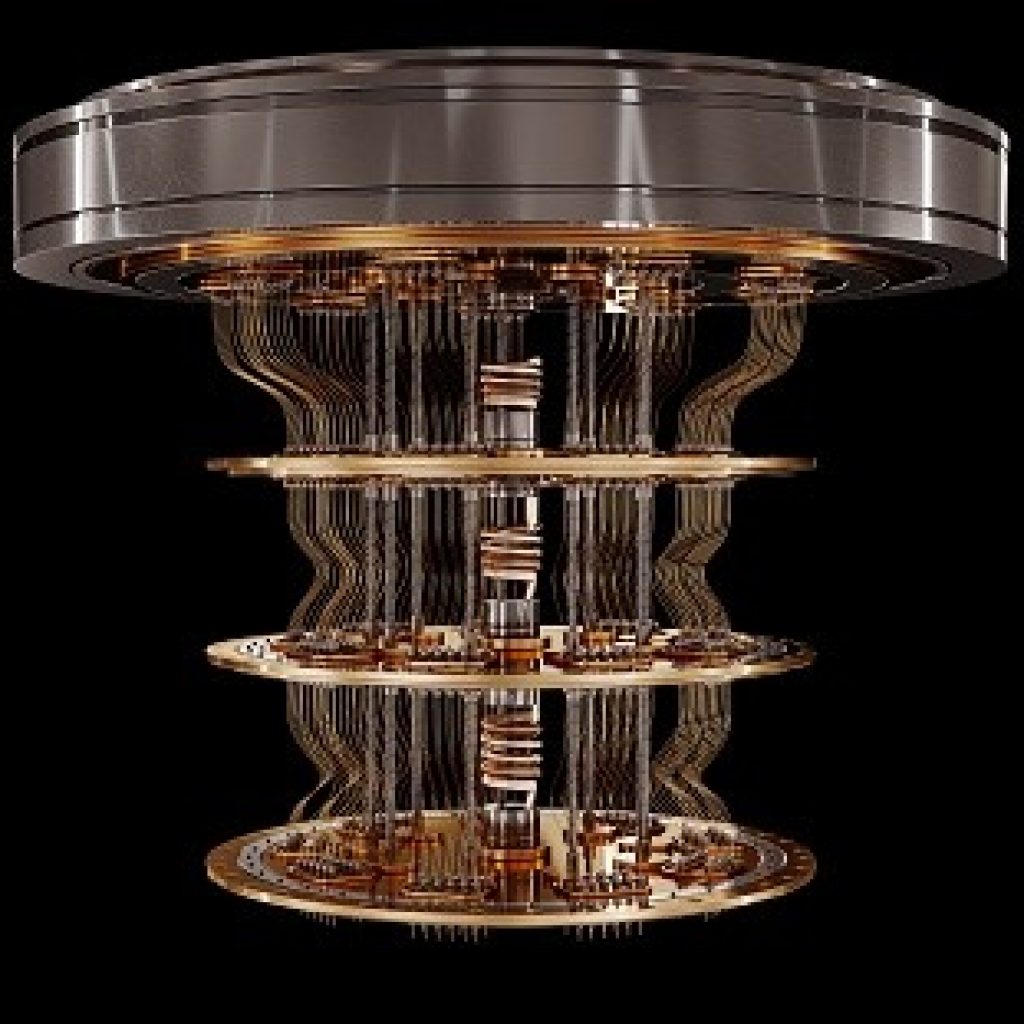D-Wave Quantum Inc., one of the leading quantum hardware companies in the quantum computing industry, has recently published a paper in collaboration with Boston University in the biggest quantum programmable quantum simulation so far. Using 5,000 qubits from the D-Wave™ Advantage™ quantum computer, scientists were able to show some major advantages in quantum computing. “This research represents some of the most important experimental work performed in quantum annealing,” explained Dr. Andrew King, Director of Performance Research at D-Wave. “For the first time, we have evidence of coherent quantum dynamics being faster than classical dynamics for solving a large-scale optimization problem, 3D-spin glasses.”
Because quantum computing is predicted to advance optimization problems, these findings with Boston University suggest big implications for the future of quantum computing, and in turn, many other industries. “Optimization is a broadly applicable, complex problem, and these findings prove that coherent quantum annealing has the power to identify solutions of improved quality – at a large scale – significantly faster than classical computing,” added King. “From supply chain to patient care, from energy needs to agriculture, this research supports the value of quantum annealing solutions to organizations across all industries. Quantum annealing technology is an increasingly important tool in solving organizations’ complex optimization problems. It can help reduce costs, drive revenue, accelerate innovation, and outmaneuver competition at a time when it’s critical for companies to look at every possible solution to navigate complex problems.”
Having a faster optimization process via quantum annealing also can help the technology scale up more smoothly. “We believe quantum annealing will be far and away the leading quantum platform for optimization for the foreseeable future, and this research places the performance benefits we see upon a strong theoretical foundation,” King stated. As quantum annealing is already being developed for various use cases, these new results could help speed up the development process even further.
Thanks to the collaboration with Boston University, D-Wave’s new results also suggest big things for the company. “These significant findings were achieved using D-Wave Advantage™ quantum system, a commercial-grade annealing-based quantum computer,” King added. “While there are several models of quantum computers in development across the industry, D-Wave is the only quantum vendor that is delivering commercial quantum solutions to customers today. This research unequivocally shows a computational advantage of D-Wave’s annealing quantum technology over classical approaches. It’s a remarkable achievement and one we expect will expedite enterprise adoption of today’s practical quantum computing technology.”
Kenna Hughes-Castleberry is a staff writer at Inside Quantum Technology and the Science Communicator at JILA (a partnership between the University of Colorado Boulder and NIST). Her writing beats include deep tech, the metaverse, and quantum technology.
